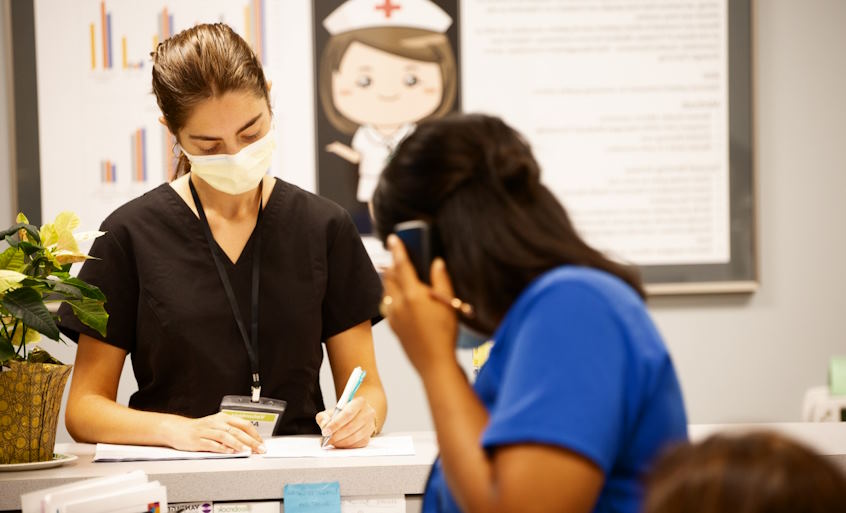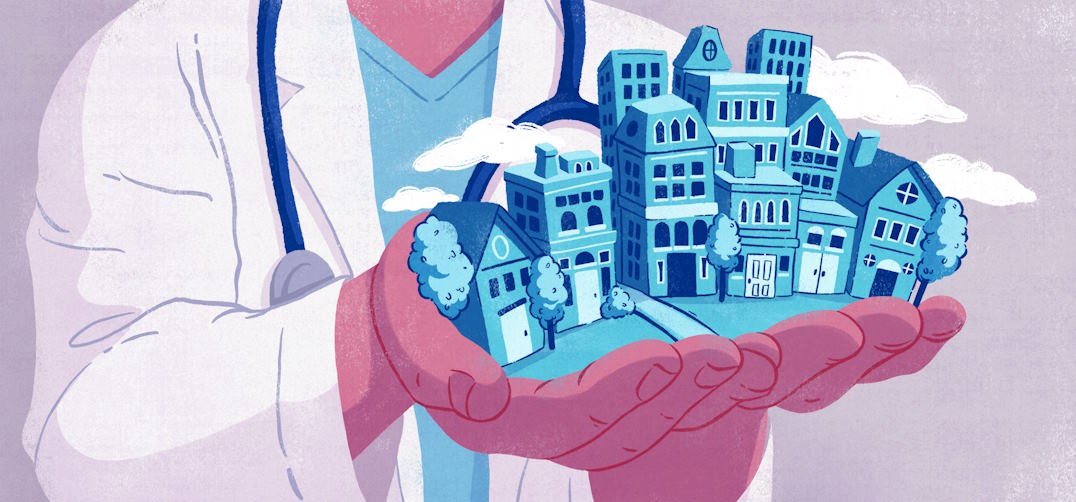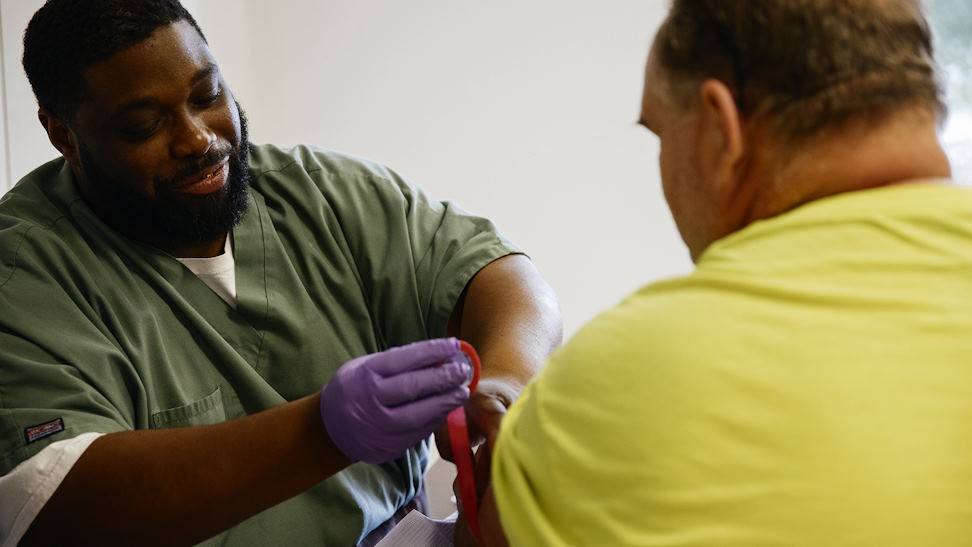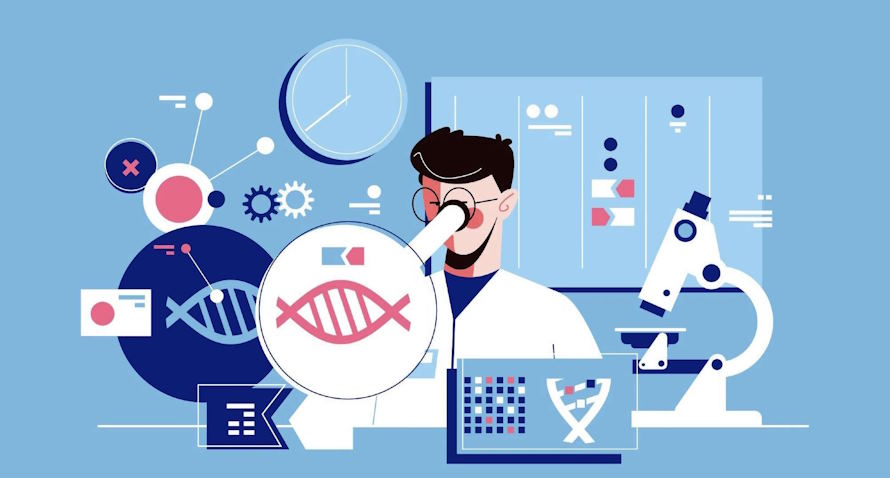The Importance of Charity Clinics: Providing Healthcare Access for Underserved Communities

In today’s world, access to quality healthcare is considered a basic human right. However, for many individuals and communities, this fundamental right remains elusive. Underserved communities, often burdened with financial constraints and limited resources, face significant barriers in obtaining the medical care they need. This is where charity clinics emerge as beacons of hope, bridging the healthcare gap and bringing essential services to those who need them the most.
The Role of Charity Clinics in Addressing Healthcare Disparities
Charity clinics are vital institutions that play a pivotal role in addressing healthcare disparities and ensuring access to medical services for underserved communities. These clinics are driven by a noble mission: to provide quality healthcare to individuals who might otherwise be unable to afford or access it.
One of the key ways charity clinics fulfill their mission is through the provision of pro bono services. By offering free or low-cost medical care, these clinics remove financial barriers that prevent many individuals from seeking the healthcare they require. From routine check-ups to specialized treatments, charity clinics strive to meet the diverse needs of their patients, regardless of their ability to pay.
Moreover, charity clinics understand the importance of preventive care and health education in maintaining overall well-being. They go beyond treating immediate health issues and place significant emphasis on preventive measures. By promoting healthy habits, conducting screenings, and offering vaccinations, these clinics empower individuals to take charge of their own health and prevent the onset of chronic illnesses.
Collaboration is another crucial aspect of charity clinics’ approach. They forge partnerships with community organizations and healthcare providers to create a comprehensive network of support. By working hand in hand with local agencies, social services, and hospitals, charity clinics ensure that patients receive holistic care and have access to a wide range of resources beyond their immediate medical needs. This collaborative effort strengthens the impact of charity clinics and enhances the overall health outcomes for the underserved communities they serve.

Benefits of Charity Clinics for Underserved Communities
Charity clinics serve as lifelines for underserved communities, offering a myriad of benefits that significantly impact the well-being of individuals who would otherwise face limited access to healthcare. These clinics are dedicated to breaking down barriers and ensuring that everyone, regardless of their financial circumstances, receives the medical attention they need. Let’s explore some of the key benefits of charity clinics for underserved communities.
- First and foremost, charity clinics provide increased access to primary healthcare services. They act as a vital entry point for individuals who lack insurance coverage or face geographical barriers to medical facilities. By offering comprehensive services ranging from general check-ups to chronic disease management, these clinics become a reliable source of primary care, meeting the immediate and ongoing healthcare needs of the underserved.
- In addition, charity clinics significantly reduce healthcare costs for uninsured individuals. The absence of insurance coverage often leads to exorbitant medical expenses that can cripple families financially. However, charity clinics operate on a pro bono or sliding scale payment system, ensuring that patients receive necessary medical care without the burden of overwhelming financial obligations. This financial relief allows individuals to prioritize their health without sacrificing their financial stability.
- Moreover, charity clinics contribute to improved health outcomes and overall quality of life within underserved communities. By providing early intervention, disease prevention, and ongoing management of chronic conditions, these clinics help patients maintain optimal health. Through regular check-ups, health screenings, and access to medications, individuals can better manage their health conditions and avoid potential complications, leading to a higher quality of life and improved overall well-being.
- Lastly, charity clinics empower and advocate for the underserved. These clinics not only provide medical services but also act as a voice for the marginalized. They raise awareness about healthcare disparities and advocate for policy changes to address systemic issues that contribute to inequities. Through their work, charity clinics empower individuals to take control of their health and encourage them to seek the care they deserve.
Challenges Faced by Charity Clinics
While charity clinics play a vital role in providing healthcare access to underserved communities, they are not without their share of challenges. These clinics operate under tight budgets and face various obstacles that can hinder their ability to fulfill their mission effectively. Let’s explore some of the common challenges faced by charity clinics.
One of the primary challenges is limited funding and resources. Charity clinics heavily rely on grants, donations, and fundraising efforts to sustain their operations. However, securing adequate funding to cover operational costs, medical supplies, and facility maintenance can be an ongoing struggle. The lack of financial resources often limits the scope and scale of services that can be provided, potentially leaving some healthcare needs unmet.
Staffing and volunteer recruitment also pose significant challenges for charity clinics. Hiring qualified healthcare professionals who are willing to work in a charitable setting can be difficult, especially in areas where there is a shortage of medical personnel. Additionally, recruiting and retaining dedicated volunteers who are willing to contribute their time and expertise can be a continuous effort for these clinics. The need for trained and committed individuals is essential to ensure the smooth functioning of the clinics and the provision of quality care.
Legal and regulatory barriers present another hurdle for charity clinics. Navigating complex healthcare regulations and licensing requirements can be time-consuming and costly. Compliance with these regulations often demands additional administrative work, which diverts resources away from direct patient care. Overcoming legal and regulatory barriers is crucial for the sustainability and legitimacy of charity clinics.
Sustainability and long-term impact are ongoing concerns for charity clinics. As the demand for healthcare services grows, ensuring the long-term viability of these clinics becomes increasingly challenging. Developing strategies for financial stability, fostering community partnerships, and exploring innovative funding models are crucial for the sustained impact and continued provision of healthcare services to underserved communities.










































